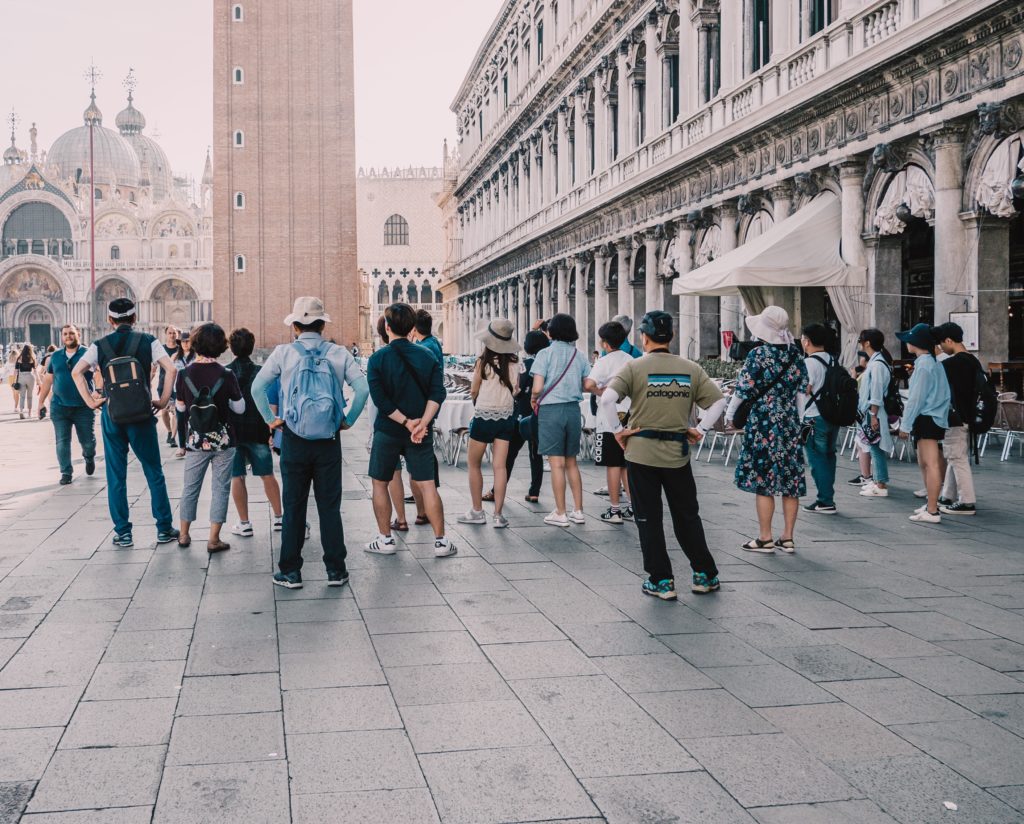Embarking on a career as a tour guide is not just about showcasing picturesque landscapes or historical monuments; it’s about crafting an immersive and unforgettable experience for your guests. Becoming an expert tour guide requires a combination of knowledge, communication skills, and a passion for the outdoors. In this comprehensive guide, we’ll explore the key steps and skills needed to transform yourself into a masterful tour guide, ensuring that your guests not only enjoy the journey but also leave with lasting memories.
Develop In-Depth Knowledge:
A successful tour guide is a walking encyclopedia of information about the destinations they cover. Whether it’s natural wonders, historical sites, or cultural hotspots, a thorough understanding of your surroundings is essential. Research extensively, read books, attend workshops, and take courses to deepen your knowledge. Keep yourself updated with the latest developments, events, and interesting anecdotes related to the areas you’ll be guiding in.
Master Effective Communication:
Being a tour guide isn’t just about imparting facts; it’s about engaging and entertaining your audience. Develop strong communication skills to convey information in a clear, concise, and captivating manner. Practice speaking in a lively and enthusiastic tone, maintaining eye contact, and using body language to enhance your message. Tailor your communication style to suit different groups and individuals, making the experience enjoyable for everyone.
Cultivate People Skills:
A great tour guide is not just a storyteller; they are also a people person. Cultivate your interpersonal skills to build rapport with your guests. Be approachable, patient, and empathetic, catering to the diverse needs and interests of your audience. Anticipate and address concerns proactively, ensuring a positive and inclusive atmosphere throughout the tour.
Acquire Navigation Skills:
Knowing your way around the outdoor spaces you’ll be guiding is crucial. Familiarize yourself with maps, trails, and local landmarks. Practice navigating various terrains confidently and safely. Being able to lead a group through different environments adds to your credibility and ensures a seamless and enjoyable experience for your guests.
Embrace Cultural Sensitivity:
Understanding and respecting the cultural nuances of the places you guide is paramount. Be aware of local customs, traditions, and etiquette. Tailor your narratives to be culturally sensitive, avoiding any unintentional misunderstandings. Encourage an atmosphere of mutual respect and appreciation among your guests.
Hone Storytelling Skills:
Transforming historical facts or natural phenomena into captivating stories is an art. Hone your storytelling skills to weave narratives that engage, educate, and entertain. Develop a narrative structure that enhances the flow of information, making it easy for your guests to follow and remember.
Stay Physically Fit:
Tour guiding often involves long hours of walking, standing, and being outdoors in various weather conditions. Maintain physical fitness to endure the demands of the job. Regular exercise and a healthy lifestyle contribute to your overall well-being and enhance your ability to lead groups effectively.
Invest in Professional Development:
Continuously seek opportunities for professional development. Attend workshops, conferences, and training programs specifically designed for tour guides. Stay informed about industry trends, regulations, and best practices to ensure that you are always at the top of your game.
Conclusion:
Becoming an expert tour guide is a journey that involves a commitment to constant learning, honing various skills, and a genuine passion for sharing the wonders of the outdoors with others. By mastering the art of guiding, you can create memorable experiences for your guests and forge a rewarding career in the vibrant world of outdoor tourism.

